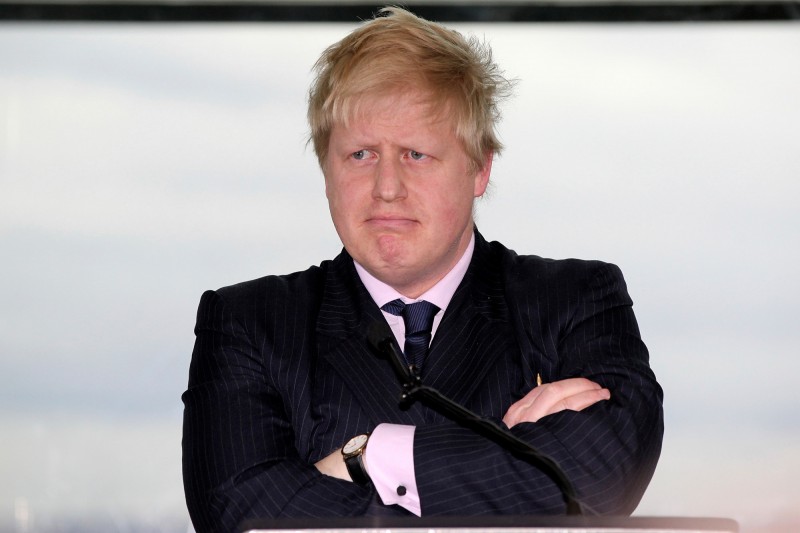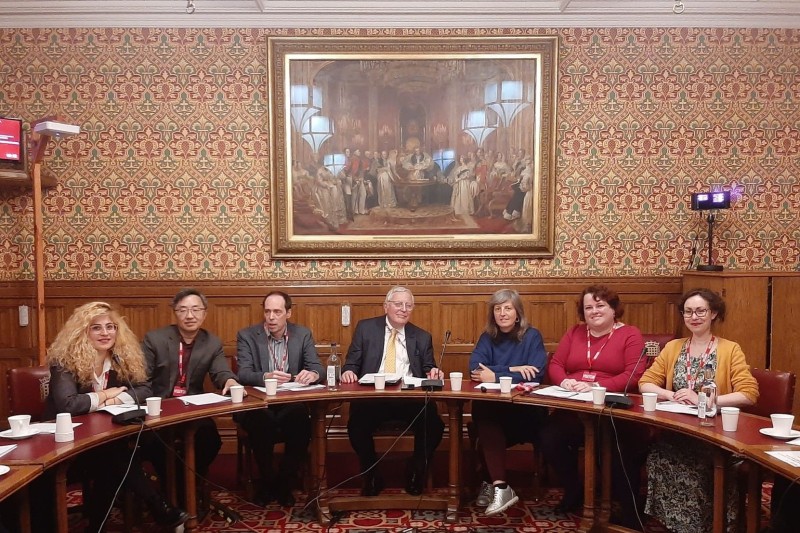
Three months ago, Boris Johnson came out as an Outer.
After a period of indecision and ‘a huge amount of heartache’, Johnson decided to align himself with the likes of Nigel Farage and George Galloway to vote ‘no’ to Europe. What Johnson shares with that pair is his performative value as a celebrity politician who is perceived by many to be ‘political box office’, and so could sway undecided voters his way.
Elsewhere, I have applied the theme of flirtation as a mode of communication to politics and the practice of identifying with different political positions (Yates, 2015). Today, political flirtation applies equally to politicians and voters within the contemporary scene of promotional party politics. Boris Johnson’s flirtation with voters on the theme of Europe provides an example of this phenomenon, and his seemingly spontaneous, authentic un-spun qualities are key to his ability to connect and communicate with the public.
We learnt more about his ‘agonisingly difficult’ choice to join the Brexit campaign when he announced it in his Telegraph column. There, he combined discourses of nation and empire with that of a kind of boys-own style of masculinity – with some additional Winston Churchill references thrown in to convey the threat posed by the ‘European powers’ to the border shores of Britain.
Following Johnson’s Brexit call to arms, there has been a mixed reaction. On the one hand, he has been widely criticised for being opportunistic and for cynically using the campaign to further his party leadership ambitions. Yet, on the other, sections of the press seem thrilled that the ‘blonde bombshell’ has managed to upstage the leadership David Cameron.
Such excitement was even accompanied by ‘comical’ images of Johnson and Gove dressed as Dad’s Army characters shooting at the David Cameron – mocked up as a German soldier from WW2. In this respect, Johnson’s move can be less as following in the footsteps of his hero Winston Churchill and more in those of the BBC Dad’s Army comic character, Lance Corporal Jones, whose catch phrase is: “Don’t panic!” - whilst of course, panicking about the imminent threat of the enemy, Johnny Foreigner. Johnson’s recent panicky warning that likened the powers of Europe to Hitler reveal perhaps, that such comparisons with Corporal Jones are not so far off the mark.
Yet, as a media professional surrounded by other media professionals, Johnson is skilled at using contemporary methods of political communication to associate himself with a particular fantasy of Britain as ‘a truly great country’. A fantasy of Britain located within an earlier, less complicated and secure pre-globalised age of flag-waving street parties, nannies and hand-knitted scarfs, as represented in the fictional world of shows such as Dad’s Army.
A preoccupation with nostalgia is widespread in popular culture and despite the attempt to link it to a new and more modern outward looking future, the ‘out of Europe’ campaign also uses images of nostalgia and nation to convey its message. At a wider level, this practice can be read as a defence against the losses and uncertainties of late modernity.
The desire to look back, or at least to turn away from the contemporary malaise and to identify instead with the retro, personality-driven politics of Johnson, can be seen in that broader psychosocial context, alongside the more specific features of the contemporary socio-cultural and political moment as framed by fears of migration and the experience of austerity.
Professor Candida Yates, Professor of Culture and Communication
*A longer version of this article can be found on the Political Studies Association online journal Political Insight, 24 February 2016.



